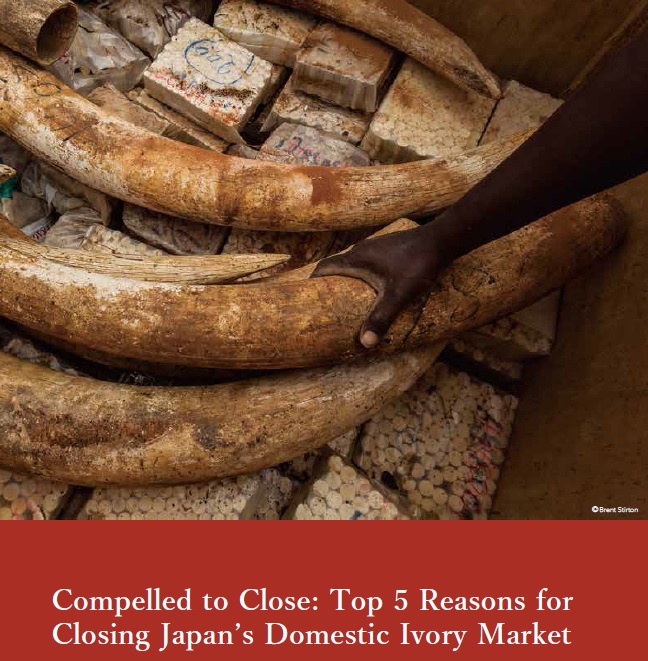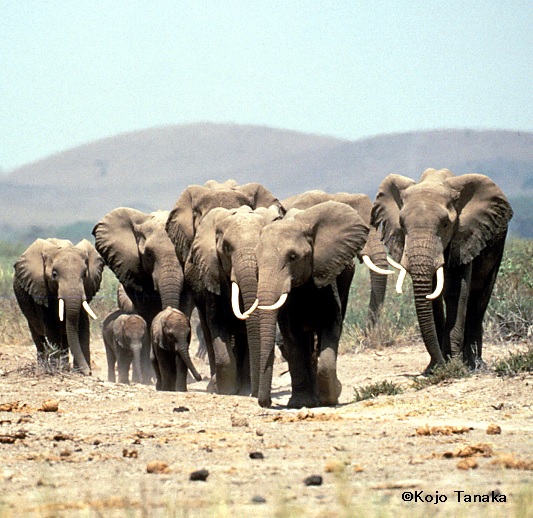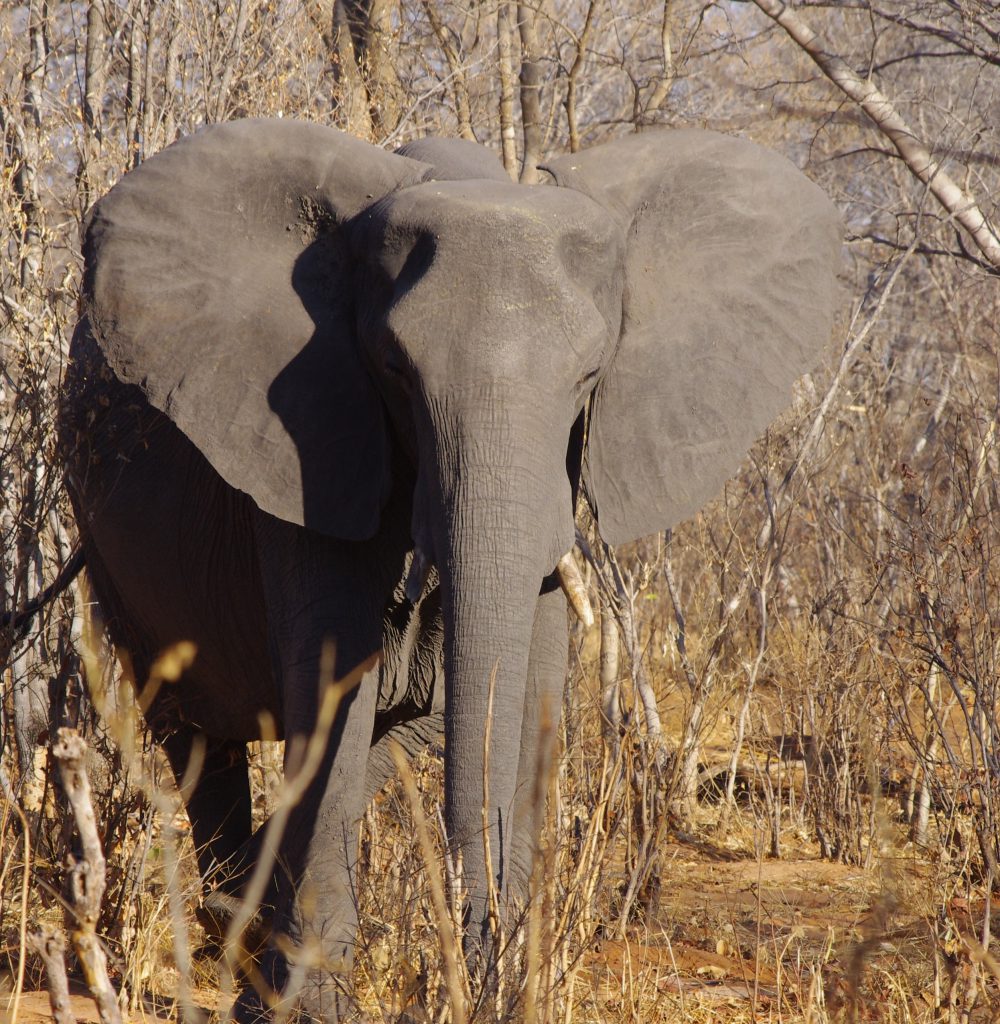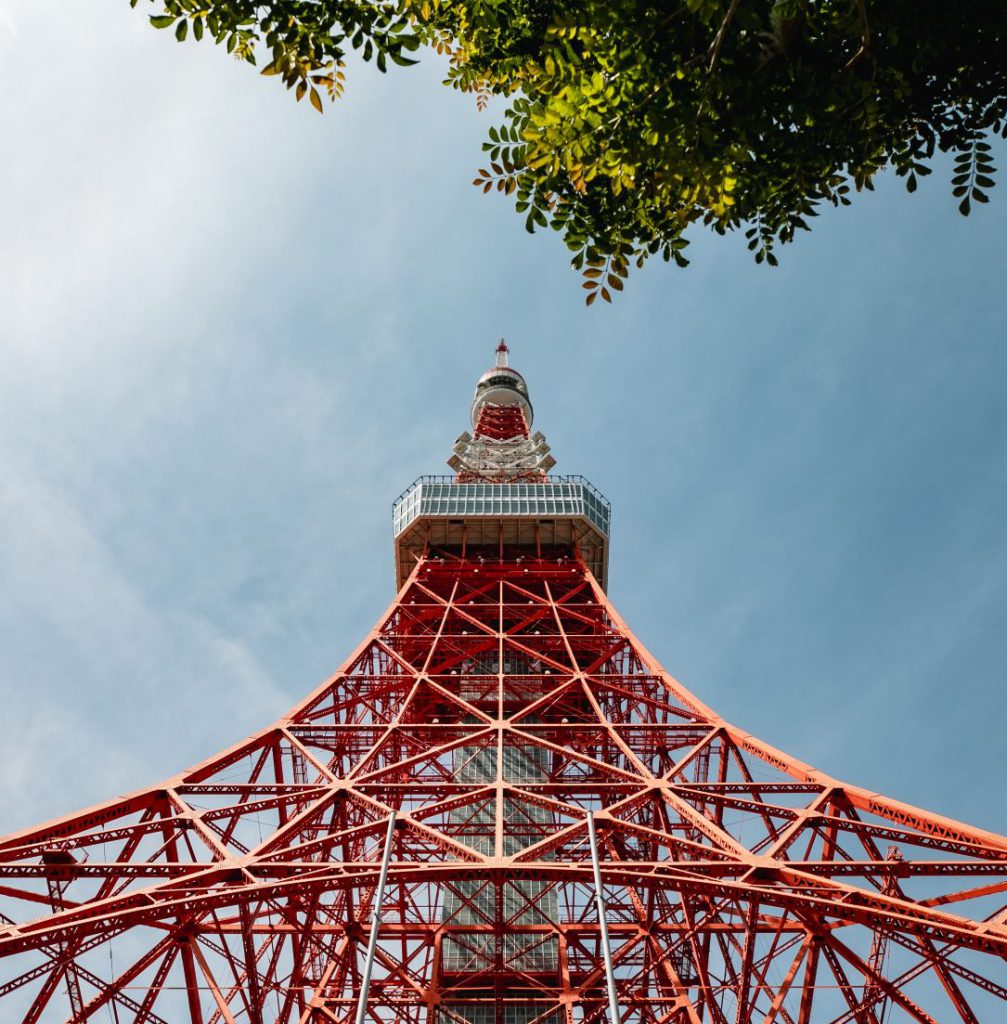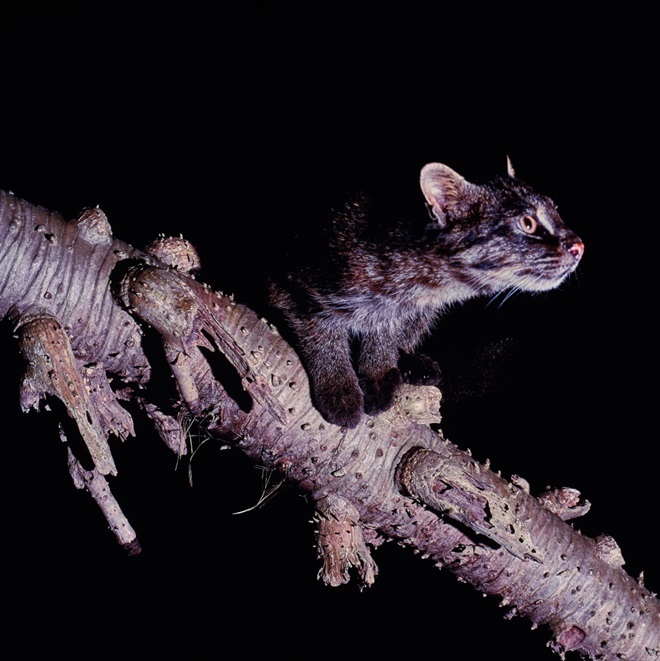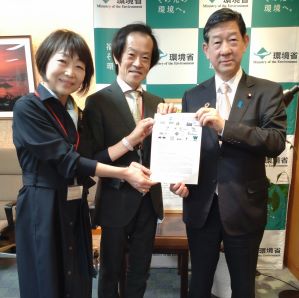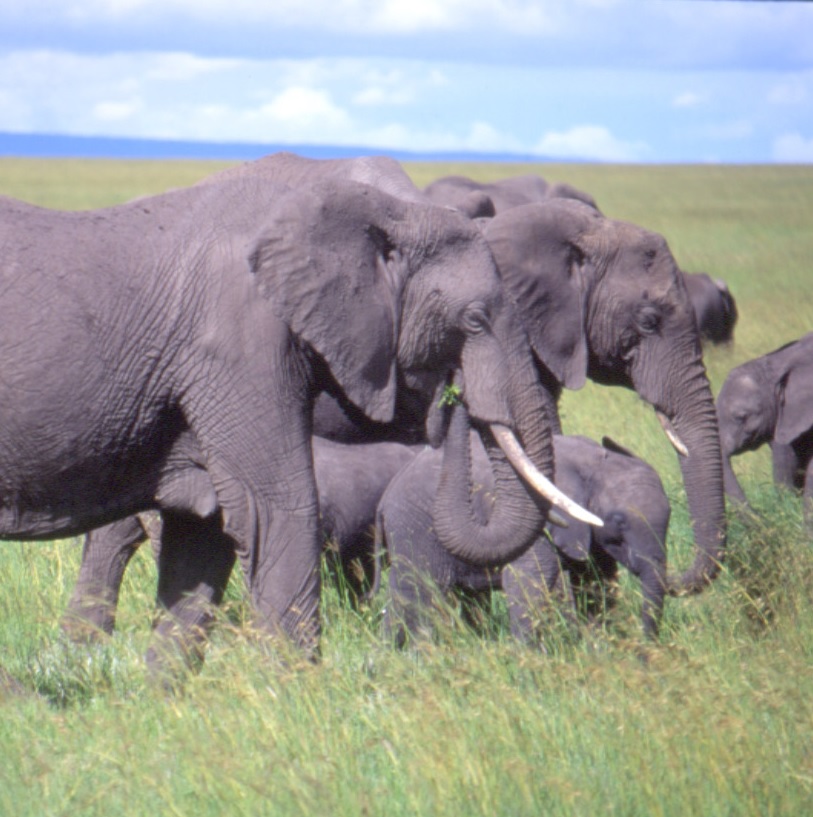REPORTS: “Compelled to Close: Top 5 Reasons for Closing Japan’s Domestic Ivory Market
https://www.jtef.jp/en/wp-content/uploads/2019/06/180603ivoryENG-1.jpg 648 661 Japan Tiger Elephant Organization Japan Tiger Elephant Organization https://www.jtef.jp/en/wp-content/uploads/2019/06/180603ivoryENG-1.jpgMay 31, 2019 TOKYO – Japan Tiger and Elephant Fund (JTEF) released its new report: “Compelled to Close: Top 5 Reasons for Closing Japan’s Domestic Ivory Market” before the opening 18th meeting of the Conference of the Parties (CoP18) to Convention on International Trade in Endangered Species of Wild Fauna and Flora (CITES). The closure of world’s domestic ivory markets including Japan will be discussed at CITES CoP18 meeting. The government of Japan is planning to end a campaign promoting ivory registration at the end of May and introduce a stricter regulation on ivory registration procedure from the beginning of July, intending to get the recognition of international community on maintaining its ivory market. The new report…
read more



